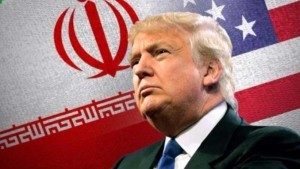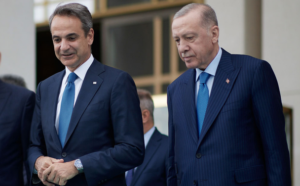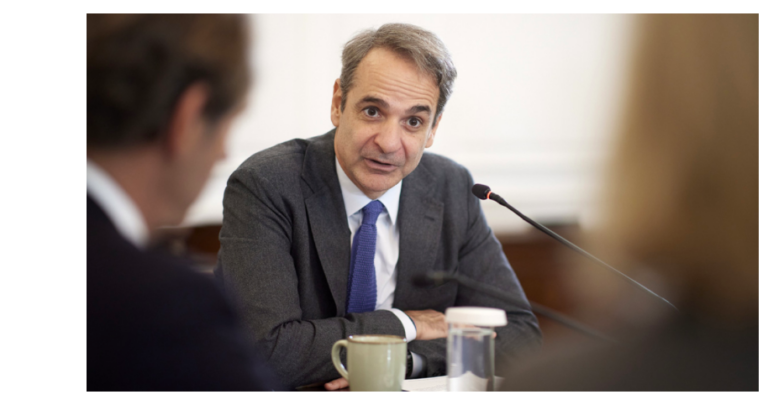President Trump told President Emmanuel Macron of France on Tuesday morning that he plans to announce the withdrawal of the United States from the Iran nuclear deal, according to a person briefed on the conversation.
Mr. Trump’s decision unravels the signature foreign policy achievement of his predecessor, Barack Obama, isolating the United States among its allies and leaving it at even greater odds with its adversaries in dealing with the Iranians.
The United States is preparing to reinstate all sanctions it had waived as part of the nuclear accord — and impose additional economic penalties as well, the person said.
A second person familiar with negotiations to keep the 2015 accord in place said the talks collapsed over Mr. Trump’s insistence that sharp limits be kept on Iran’s nuclear fuel production after 2030. The deal currently lifts those limits.
Mr. Trump is planning to formally announce his decision at 2 p.m. on Tuesday at the White House.
Mr. Trump’s decision, while long anticipated and widely telegraphed, plunges America’s relations with European allies into deep uncertainty. They have committed to staying in the deal, raising the prospect of a diplomatic and economic clash as the United States reimposes stringent sanctions on Iran.
It also raises the prospect of increased tensions with Russia and China, which also are parties to the agreement.
The decision fulfills one of Mr. Trump’s oft-repeated campaign promises, and came despite intense personal lobbying by European leaders and frantic attempts to craft fixes to the deal that would satisfy him.
The president’s own aides had persuaded him twice last year not to take this step.
But Mr. Trump made clear that his patience with the deal had worn thin, and with a new, more hawkish set of advisers — led by Secretary of State Mike Pompeo and the national security adviser, John R. Bolton — Mr. Trump faced less internal resistance this time.
Source: nytimes
Ask me anything
Explore related questions





